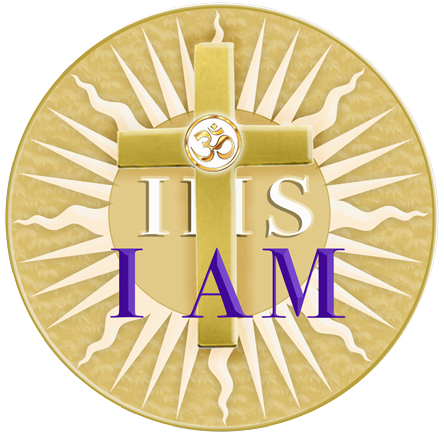Courage
Facing Yourself
by Kosi
The original definition of courage was to tell your story with your whole heart. Telling your story publicly meant facing ridicule, judgment, hatred, and even death. In ancient times telling your story, especially an honest story, simply meant you could be killed. The path of liberation is seeing through the story you have consciously and unconsciously been weaving about yourself. It requires the courage to face your own death, tell the truth, and intimately examine what is really going on inside of you. This is the maturity essential for facing yourself—not to improve or change yourself, but to see through the illusion of the story that you tell yourself to consciously and unconsciously define who you are. This seeing requires the courage to see through the illusion of you to discover the eternal truth of you. But what is the eternal truth of you? And what does facing yourself have to do with liberation or moksha?
Facing yourself can be uncomfortable. The normal tendency is to blame people and events outside of yourself for everything that you are feeling. It is natural to weave a story in your mind to justify your perspective about whatever happened. The ego will fight to be right about your point of view, which only serves to keep your suffering locked in place. It takes a certain amount of courage to turn inward and tell yourself the truth about the shame, fear, anxiety, self-hatred and other forms of suffering the story not only generates, but also maintains over time. The story is generated so fast it seems to be out of your control, but is it really? Who or what creates the story?
The nature of self-inquiry is an intimate inward examination. It is the courage to stop blaming other people or life situations for whatever you are feeling and instead take one hundred percent responsibility. The courage to take responsibility is the essential maturity for an introspective examination of what is really going on inside of you. This is an intimate seeing through the nature of your story or your point of view. What is the nature of your story? What is its substance? Is the story itself real or an illusion you generated in your own mind?
The power of your memory and mind to generate a story about anything you have experienced makes the story feel real. This is tricky. It feels real because you are telling the story, but who is this storyteller? Seeing through the storyteller is essential for freeing yourself from the suffering nature of your mind, but this does not mean suppressing your story or not telling your story. If you suppress your story, whatever it might be, the story festers into an internal conversation of suffering.
It is a paradox of sorts. To free yourself from the story you need to tell your story, but you do not want to keep telling your story again and again. If you keep telling your story either silently inside or out loud it creates a suffering loop that by its nature keeps you trapped in the past. This trap creates an endless cycle of suffering. To break free of this vicious cycle requires the willingness to examine more intimately what is really going on. Who is telling the story?
The ego, or conscious will, cannot overcome ego. Ego looking at ego is like holding a mirror up to a mirror—an endless stream of reflections. Using your ego to overcome ego and the story it generates is a bit like asking a thief to guard the bank. The root of every story is the deep feeling of you that will naturally fight to protect—your ego will always fight to be right and is like a mirror that reflects whatever you think. The ego seeks both protection and revenge at the same time. It instantly weaves a story to protect your point of view. This is painful. The fight to be right simply makes you miserable over time.
The courage to end the fight is facing yourself. It is a shift in consciousness from the limited point of view of your ego and mind to the expanded perspective of the omniscience alive in your heart. Letting go of your story is the beginning of trusting the unseen intelligence that is eternally free of all stories.
This is very humbling for the mind and not at all easy. If you are fighting to be right there is usually a strong emotion associated with your story. But the story actually generates the emotion, which continues every time you give your attention to the story. The suffering is generated by the story.
The question ultimately is; do you want to be right? Or do you want to be happy? True happiness is always alive in your heart, but if you cling to your story it is simply impossible to realize the happiness that you are in the core of your being.
The courage to face yourself is essential to break free of the suffering of your story. It takes courage to take responsibility. But the fruit of seeing through the illusion of the both the story and the storyteller reveal the most sublime happiness.
Lasting happiness is recognizing that both the story and the storyteller are non-existent.
If the storyteller and the story disappears what remains?
Check and see.
Tat Sat
<’)
( ~>
